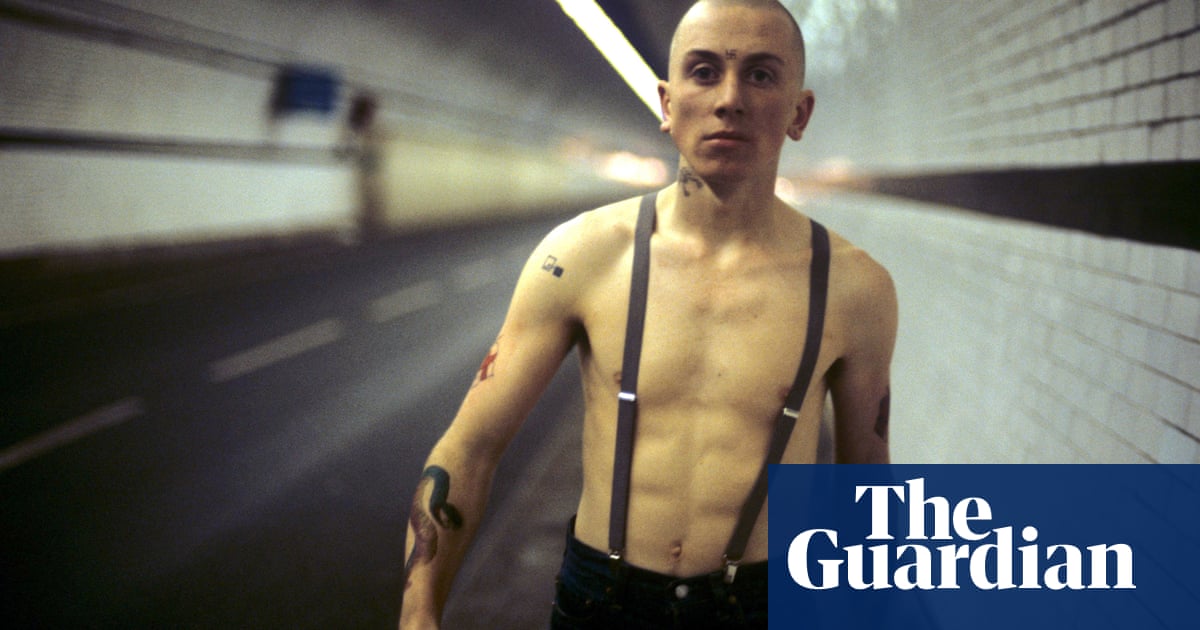My first sighting of Tim Roth was from an office window that looked down on to Soho Square, close to Oxford Circus in London’s West End. Director Alan Clarke had chosen Tim to play the leading role in Made in Britain, the last of a quartet of films I had been commissioned to write about young people and their experiences within the education and social services. As I looked out of Alan’s office window, Tim was clearly at odds with another youth sporting a flamboyant purple and red Mohican haircut. Quite a scrap was going on and it took time for a passing policeman to break it up.
In 1978, as producer of the Play for Today series, Margaret Matheson was responsible for Roy Minton’s Scum, about life in a borstal. It was banned by the BBC amid a huge media outcry. Also directed by Clarke, Scum then went on to be produced as a feature film. At Central Television, Margaret commissioned me to write four standalone feature films under the generic title of Tales Out of School. Each film had a different director, different actors, and so on. The final film of the four was Made in Britain, to be directed by Clarke. It features Trevor, an articulate and intelligent young skinhead, permanently at odds with the system – and himself.
This is what had brought me to Alan’s office in Soho Square, to meet Tim as possible casting for Trevor. It wasn’t until later that I discovered that the “scrap” was a setup arranged by Tim and his Mohican friend for my benefit. He knew that I would be watching. But there was no need for the palaver. As soon as I met Tim, I knew he was right for the part. At this point in time, Tim had hair and it was not until his head was shaved that he ran into problems with other skins and got into scraps. After that, we had to send a taxi to bring him to rehearsals.
Since writing Made in Britain, I remain convinced that the British streak of colonial racism and its racist legacy, as witnessed in the character of Trevor, is as strong today as it was 40 years ago. Britain remains a racist society. But there are contradictions. At the local assessment centre, Trevor willingly shares a room with Errol (Terry Richards), a black youth. They join forces to go on the rampage, throwing stones and bricks through the windows of local immigrant Asians. I witnessed something similar, if not identical, in a group of skinheads in London’s Swiss Cottage. When I questioned their racism and pointed to the only black face in the group, the response was simple, “Oh, him. He’s alright.” He was as racist as the rest of them.
Made in Britain was shot on a Steadicam, an early use of this flexible camera rig; attached to the operator’s body, it gave a newfound freedom, particularly to Alan’s shooting style, which became the hallmark of his future productions. It has since been universally adopted and, among other productions can regularly be spotted on the touchline of live broadcast television football matches.
The location for the last day of filming of Made in Britain was a night shoot in the Rotherhithe tunnel. Stripped to the waist, a lone Trevor rampages through the tunnel shouting abuse at passing vehicles. I was at the end of the tunnel, where there was a pub. I may have been drunk – in fact, I was drunk – but I do recall that a man and his wife in a Land Rover, somewhat distraught, demanded we call the police as, they said, in the tunnel a gang of skinheads was fighting a National Front gang with clubs and machetes – an interesting hallucination conjured by fear.
Recently, Tim and I discussed Trevor. Forty years later, I asked him what he thought Trevor might be doing now. What would he be? Tim replied, with no hesitation: “He would be a policeman.”

